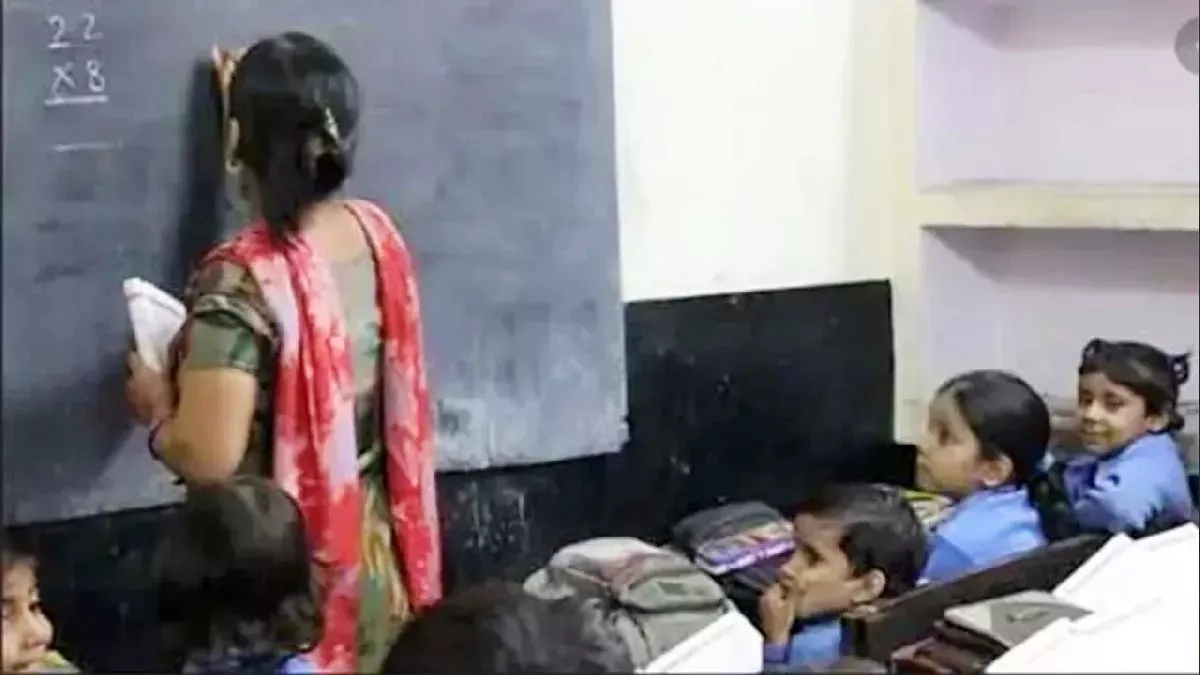Survey of the Ministry of Education has shown that only 55 percent of students of class three can organize numbers up to 99 in ascending or descending order, while only 53 percent of class six students know up to 10. The performance of knowledge for overall development, review and analysis (assay) National Survey, earlier known as the National Achievement Survey (NAS), was held on December 4 last year.
Survey conducted in 781 districts
The survey included 21,15,022 students of both government and private schools of class three, six and nine in 74,229 schools in 781 districts of 36 states and union territories. The survey stated that 1,15,022 children of the three classes were evaluated and 2,70,424 teachers and the school leads through the questionnaire.
Questions asked about ascending or descending order
According to the report, only 55 percent of students of class three can organize numbers up to 99 in ascending or descending order, while 58 percent of students can add and subtract two digits numbers.
Questions asked for joint and multiplication
Only 53 percent of students in class six can understand and see arithmetic operations and relationships between them, knowing at least 10 and knowing the tables of multiplication and apply four basic operations on full numbers to solve the problems of daily life.
Students get the lowest marks in mathematics
Class six was launched in class six as well as an additional theme ‘World around us’, including environment and society. Students scored the lowest marks (46 percent) in mathematics at the national level, while on average 57 percent in language and 49 percent marks in the world around us.
Less than 50% students capable of giving the correct answer
According to officials of the Ministry of Education, examples where less than 50 percent of students were able to answer correctly reflect obstruction in the learning process. In class nine, students of central government schools performed best in all subjects, gaining a clear lead in language.
Good performance in science and social science subjects
Private schools performed well in science and social science, but scored less marks in mathematics. Similar results were recorded in schools aided by the state government and government. Rural-urban division was also seen to a large extent. Students of class three in rural areas performed better in both mathematics and language, while children of class six and nine in urban areas performed better than their rural counterparts in all subjects.
What did the officers say about this survey report?
School Education Secretary Sanjay Kumar said in the report, ‘By moving beyond the evaluation, the next stage of this initiative focuses on enabling systematic action. To facilitate this, a comprehensive multi-level strategy has been planned to convert the findings of the National Survey-2024 into a meaningful task. (With language input)


Leave a Comment